HOME>NEWS CENTER>Newsletters
IFF Newsletter Issue 92
TIME:2023-09-07

From the Editor
China on Monday established an office under the country’s top economic planner to promote the development of private economy. The country’s top financial regulators lowered down payments for both first- and second-home buyers while cutting the interest rates of existing mortgages to prop up the faltering sector. China’s Premier Li Qiang said the country is willing to work with Indonesia to further expand cooperation on green energy, digital economy, biomedicine and artificial intelligence.
China sets up office for private economy development

China on Monday established an office under the country’s top economic planner to promote the development of private economy.
The office was set up to track, study and analyse the development of the private economy, coordinate and organize the formulation of policies and measures to promote private economy as well as devise policies to promote private investment, said the National Development and Reform Commission at a press conference.
The office will also establish a mechanism for regular communication with private enterprises, coordinate efforts to solve major issues faced by the private economy and enhance its international competitiveness.
China cuts down payments, mortgage to boost property sector

China’s top financial regulators lowered down payments for both first- and second-home buyers while cutting the interest rates of existing mortgages to prop up the faltering sector.
After the cut, the lowest down payment will be 20% for first-time home buyers and 30% for people who already own homes, according to an announcement by the People Bank of China and the National Administration of Financial Regulation.
The adjustment aims to “promote the stable and healthy development of the property market” while stressing the country is sticking to its position that the houses are for living, not for speculation.
China seeks to deepen cooperation with Indonesia
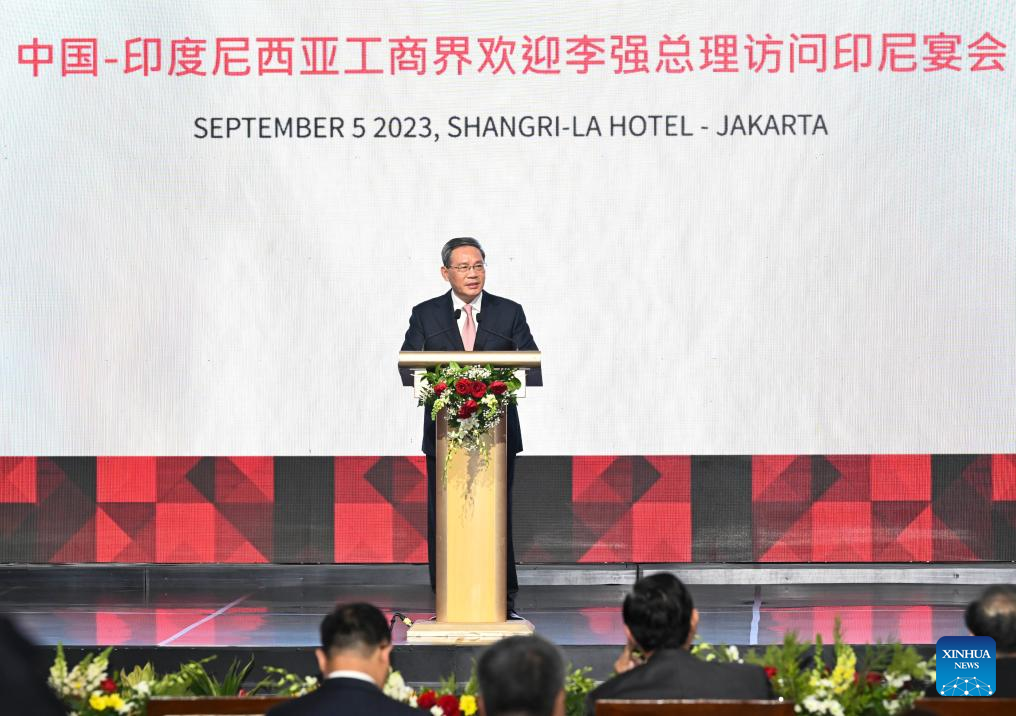
China is willing to work with Indonesia to further expand cooperation on green energy, digital economy, biomedicine and artificial intelligence, said Chinese Premier Li Qiang on Tuesday.
Li, visiting Indonesia for ASEAN Summit, told business leaders that China will steadily boost institutional opening-up, further expand market access in areas such as the modern service industry, increase the protection of intellectual property rights, and create a first-class, market-oriented business environment.
Li hoped that Indonesia continued to make its market open and provide a fair and just business environment for Chinese enterprises.
Addressing the ASEAN Summit, Li said China is on track to realize the annual growth target of around 5%.
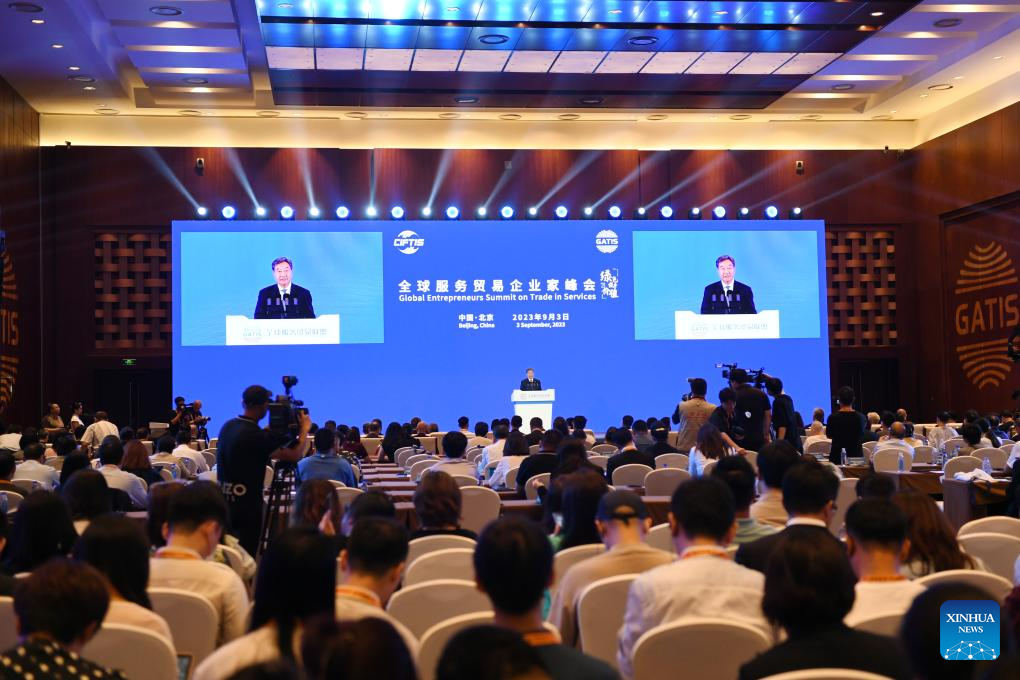
Chinese President Xi Jinping said on Saturday that China would widen market access in the service industry and promote cross-border services trade.
Addressing the China International Fair for Trade in Services (CIFTIS) via video, Xi said China will open wider in services areas including telecommunications, tourism, law and vocational examinations.
The annual CIFTIS kicked off on Saturday and closed on Wednesday. The event attracted representatives from 75 countries while international participants take
up 20% of total participation, according to Chinese state media.

China’s car sales grew 7.9% in the first seven months of the year, the official Xinhua reported quoting an official from the Ministry of Industry and Information Technology (MIIT).
Auto production grew 7.4% in the January-July period, said Wang Weiming from the MIIT.
Wang said growth challenges persist in the auto industry as the sector faces domestic demand contraction, supply shocks and weakening expectations.
China is striving to increase its annual automobile sales by 3% to 27 million in 2023.
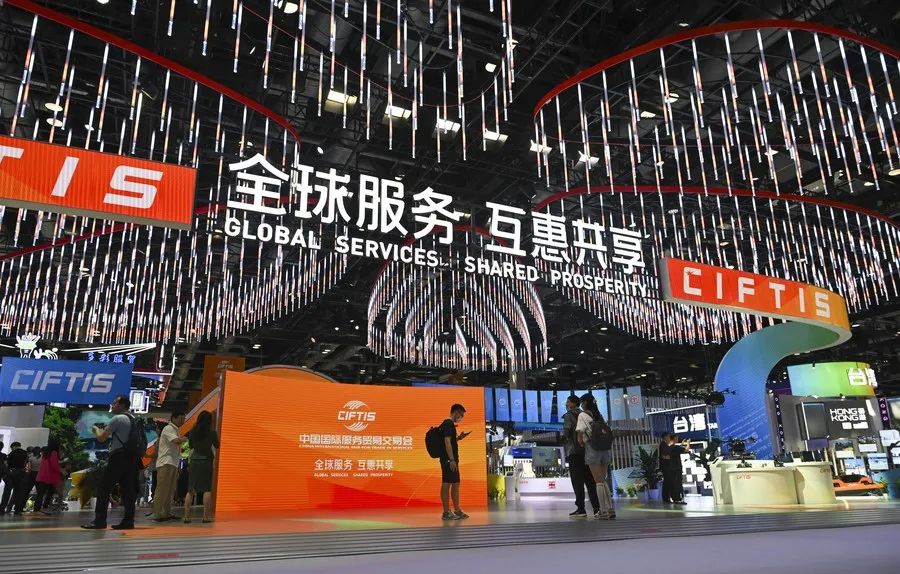
China’s service trade volume reached $889.1 billion in 2022, up 8.3% from the previous year, according to official data published during the China International Fair for Trade in Services (CIFTIS).
China’s service sector accounted for 56% of the economy and contributed 66% to economic growth in the first half of 2023, said Vice Commerce Minister Wang Shouwen.
China’s exports of digitally deliverable services reached $210 billion, accounting for more than half of total service exports.
Newsletter
International News
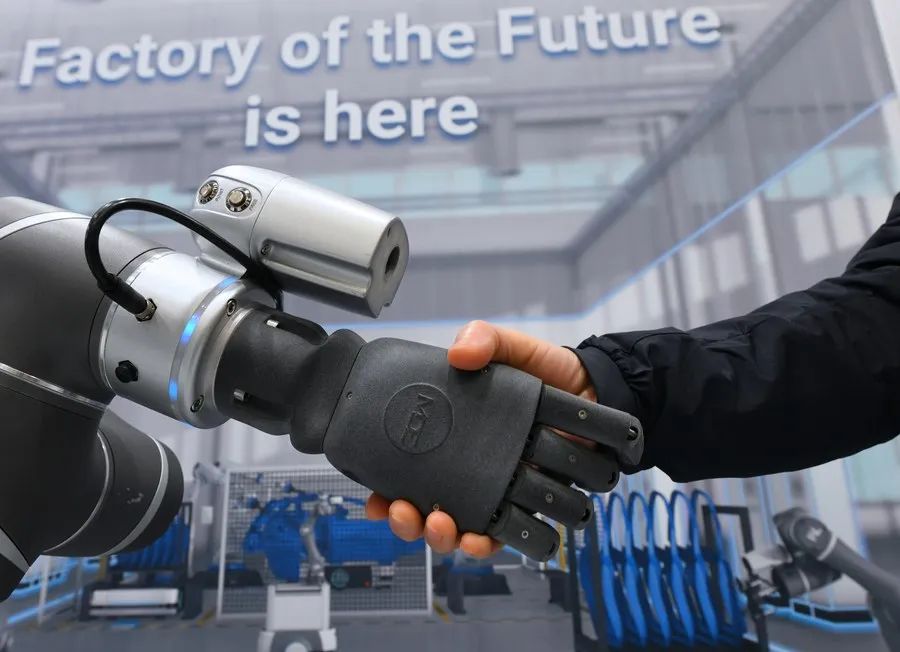
German industrial orders fell 11.7% in July from the previous month, official data showed on Wednesday.
The drop was due to a very large order in air and spacecraft manufacturing in June, said the federal statistics office.
Industrial orders rose 7.6% in June.
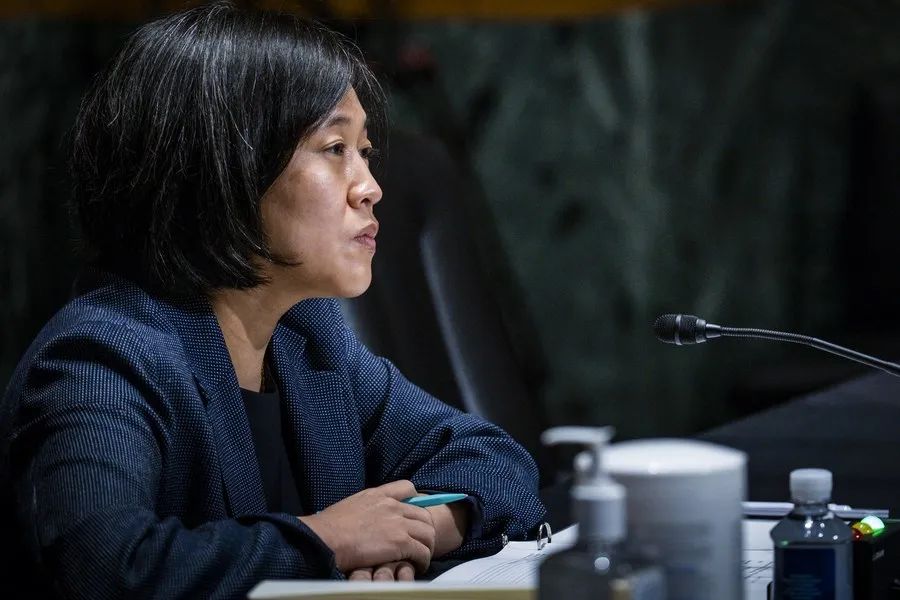
The office of US Trade Representative Katherine Tai announced on Wednesday extension of tariff exclusions on some Chinese categories till the end of this year.
The exclusions include industrial components such as pumps, electric motors, some car parts and chemicals, bicycles and vacuum cleaners. The office also exclude medical products like face masks, examinations gloves and hand sanitizing wipes from tariffs.
The office said the extension will allow for further consideration under a statutory four-year review.
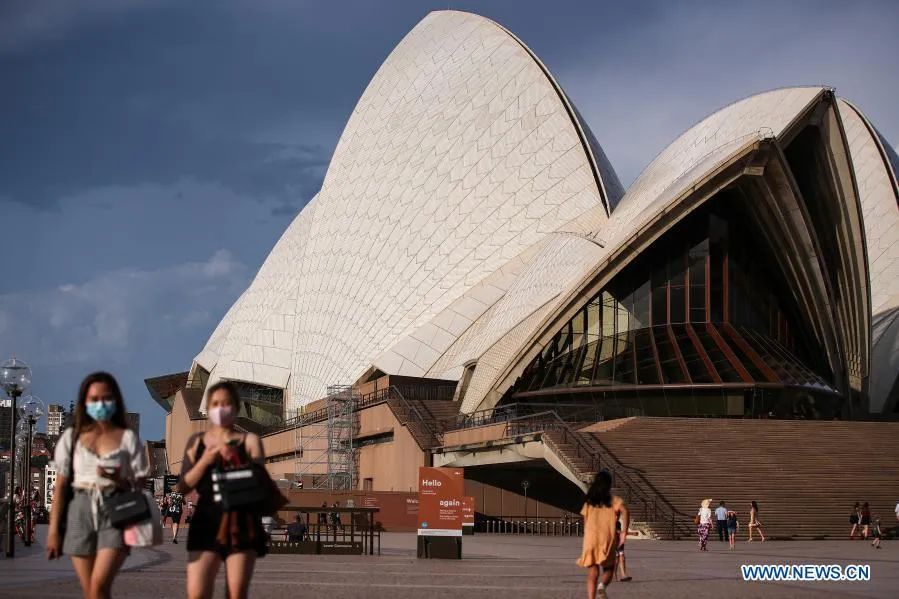
Australian economy grew 2.1% in the second quarter year on year, data from the Australian Bureau of Statistics (ABS) showed on Wednesday.
On a quarterly basis, the GDP grew 0.4% in the second quarter compared with a revised 0.4% in the first quarter.
Capital investment and exports of services were the main drivers of GDP growth this quarter, according to ABS.
Services exports rose 12.1% driven by travel services as the number of international students and tourists to Australia continued to recover from the Covid-19 pandemic, said ABS.
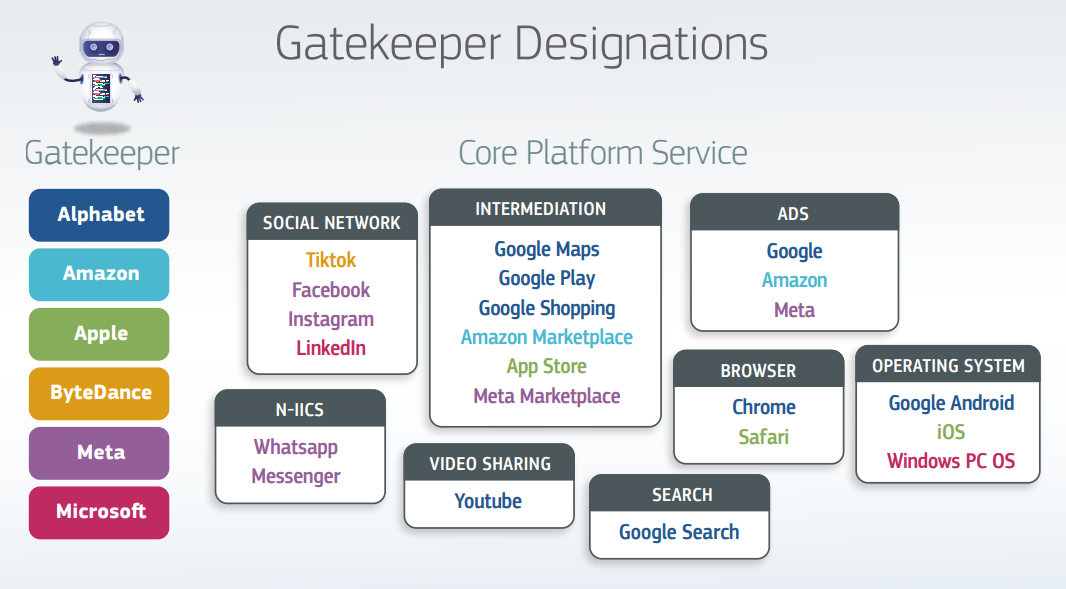
The European Commission on Wednesday designated six tech giants under stricter rulings.
Apple, Amazon, Alphabet, Meta, Microsoft, and Tiktok parent ByteDance were classified as online gatekeepers subject to stricter requirements of the EU’s Digital Markets Act (DMA), according to a statement by the European Commission.
The six tech companies have six months to bring their core platform services into compliance with the rules of the DMA.

South Korea should maintain current monetary and fiscal policies to return to sustainable finances and address inflation, the International Monetary Fund said on Wednesday.
The IMF said South Korean monetary policy rate should stay above neutral for the time being, Reuters reported.
The prudent fiscal policy is judged to be instrumental in keeping South Korea’s economic fundamentals strong in the medium term, said Harald Finger, Korea Mission Chief of the IMF.

Goldman Sachs cuts its estimated chance of a US recession over the next 12 months to 15%, down from its previous forecast of 20%.
In a research report published on Monday, the bank said a series of encouraging economic indicators on inflation and the job market suggest that the US economy will avoid a recession that many feared.
“We strongly disagree with the notion that a growing drag from the ‘long and variable lags’ of monetary policy will push the economy toward recession,” wrote the bank’s chief US economist Jan Hatzius.
